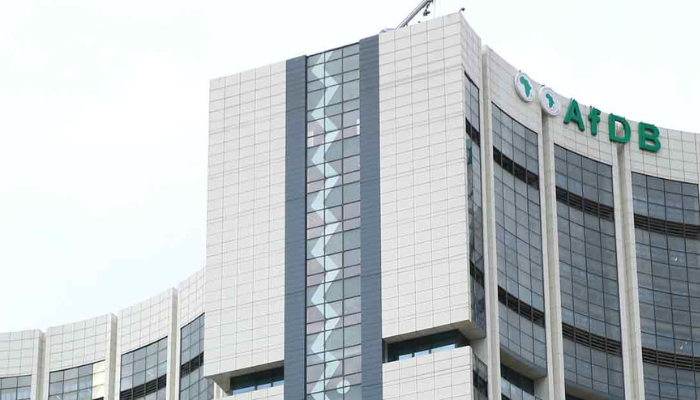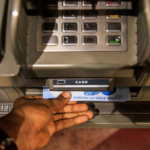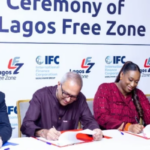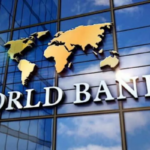The Board of Directors of the African Development Bank Group has approved over $31 million in funding under its “African Climate Action Window” (CAW) to strengthen climate resilience in Sierra Leone, South Sudan, Djibouti, and Madagascar. The funding, approved in November and December 2024, will support projects that align with CAW’s first call for project proposals.
The “Climate Action Window” of the Bank Group’s African Development Fund aims to mobilise $4 billion by 2025 to provide access to climate finance, support co-financing, and assist vulnerable and fragile states. A total of 41 projects valued at $321.75 million have been selected in the initial phase, addressing climate change, livelihoods, and climate information systems. The projects will also receive $28.13 million in co-financing from sources including the “Green Climate Fund.”
Read also: Uganda’s $1.14 billion coffee industry, opposition calls for funding halt
Project allocations and expected impact
In Sierra Leone, the “Freetown WASH and Aquatic Environment Revamping Project” will receive $5 million to improve access to water, sanitation, and hygiene (WASH) services. The project includes modern hydrometeorological observation networks and early warning systems, benefitting around 700,000 people. It also involves creating an interactive flood map for the Freetown Peninsula, supporting disaster risk reduction efforts.
In South Sudan, the “Climate Resilient Agri-Food Systems Transformation Programme” has been allocated $9.4 million. The programme will expand climate-adaptive technologies to enhance agricultural productivity and food security. It will rehabilitate 1,200 hectares of land, develop rural infrastructure, and train 8,000 individuals. The programme is projected to reduce 720,000 tonnes of CO2 emissions, create 180,000 jobs with a focus on women and youth, and train 90,000 farmers in climate-smart agriculture.
Djibouti will receive $7.5 million for the “Youth Entrepreneurship for Climate Change Adaptation Project.” The initiative aims to strengthen the resilience of agricultural systems, focusing on horticulture and pastoralism. The project seeks to increase the self-sufficiency rate of selected market garden crops from 10% to 30%. It is expected to generate 3,500 permanent jobs, with a significant share for youth and women, and establish 200 new small and medium enterprises.
In Madagascar, $9.4 million has been allocated to the “Climate Resilience through Park Biodiversity Preservation Project.” The project will focus on conserving biodiversity in Lokobe, Nozy Hara, and Andringitra national parks. It aims to restore 100% of these protected areas, sequester 10 million tonnes of CO2, and create 1,500 green jobs, including 500 for women. It will also support agricultural production by adding 24,000 tonnes of rice and 14,000 tonnes of other crops. Additionally, 24,000 farmers will receive irrigation training, and 12 women-led farmers’ groups will be equipped with agricultural kits.
Read also: EU allocates €200,000 in humanitarian aid after Ethiopia earthquake
Bank officials highlight impact of climate action window
Dr. Kevin Kariuki, the Bank’s Vice President for Power, Energy, Climate Change, and Green Growth, stated that the “Climate Action Window” is driving change in Africa’s most climate-vulnerable regions. He highlighted the significance of strengthening water security in Sierra Leone, advancing youth-led agribusiness in Djibouti, and restoring biodiversity in Madagascar. He emphasised that the initiatives aim to equip communities to withstand climate shocks, create jobs, and accelerate economic growth.
Prof Anthony Nyong, the Bank’s Director for Climate Change and Green Growth, noted that the projects go beyond climate adaptation. He stressed that “These initiatives are not just about responding to climate change—they empower communities to take control of their own futures.” He added that adaptation finance must be directed towards vulnerable communities most in need, stating that “The Climate Action Window is more than just a funding mechanism—it’s a lifeline for communities facing the harsh realities of climate change every day.”
The “Climate Action Window” has since launched two further calls focusing on mitigation and technical assistance. The Bank continues to work towards its goal of mobilising $4 billion by 2025 to support climate adaptation efforts in Africa’s most vulnerable regions.










